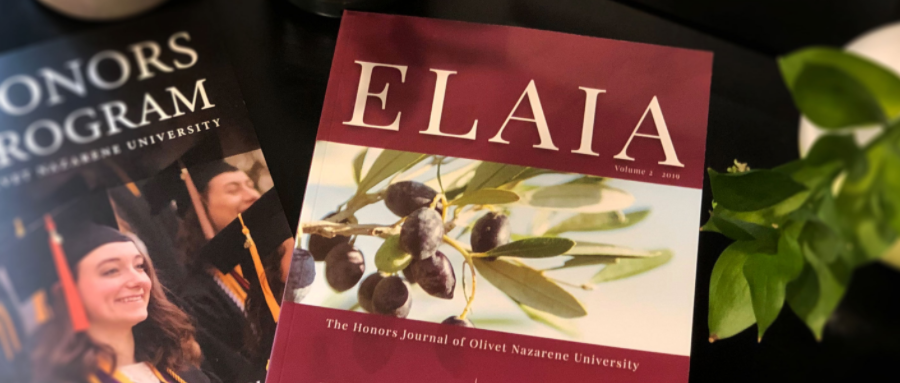Document Type
Article
First Advisor
William Dean
Publication Date
2016
Scholarship Domain(s)
Scholarship of Discovery; Scholarship of Interdisciplinary Integration
Abstract
Catastrophe, and the reporting of catastrophe, is prevalent in the present age, and catastrophic events are a part of the cultural memory. For America, events such as 9/11, the assassination of John F. Kennedy, Hurricane Katrina, and the Challenger explosion, along with many other events, have filled newspapers and books, inspired documentaries and memorials, and, in many ways, reshaped the country. This paper investigated the changing nature of the word "catastrophe" and discovered the context of and the reasons for the shift in its meaning in 1748, as recorded by the Oxford English Dictionary. The Greek roots of the word, dictionary and encyclopedia entries, books, and newspapers were consulted to create a framework for an investigation of the scholarly, social, cultural, and political use of "catastrophe" in both England and America.
Recommended Citation
Von Arb, Justine, "The Changing Nature of Catastrophe: A History of Semantic Shift" (2016). Honors Program Projects. 84.
https://digitalcommons.olivet.edu/honr_proj/84
Creative Commons License

This work is licensed under a Creative Commons Attribution 4.0 License.



Comments
Honors Cohort 6